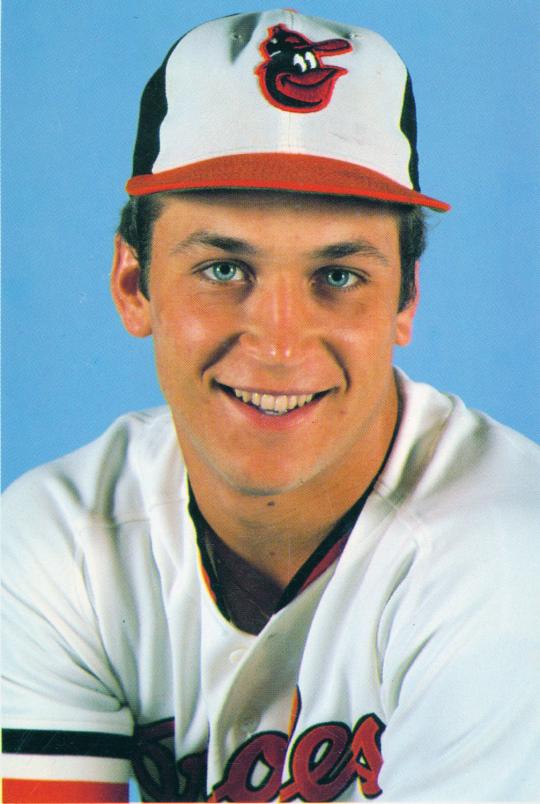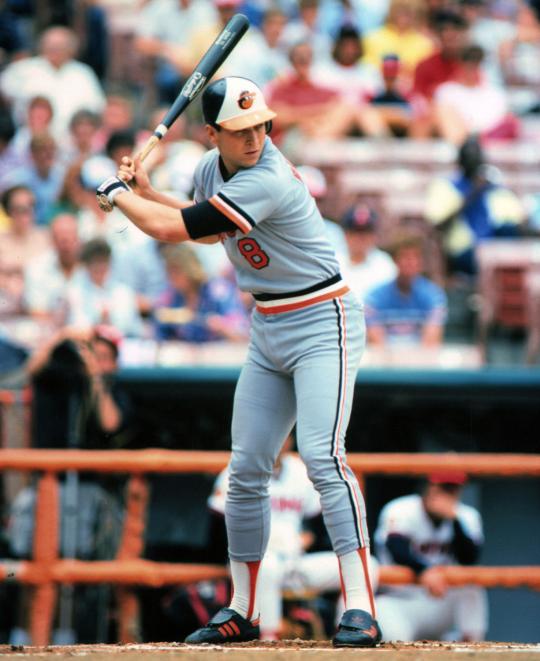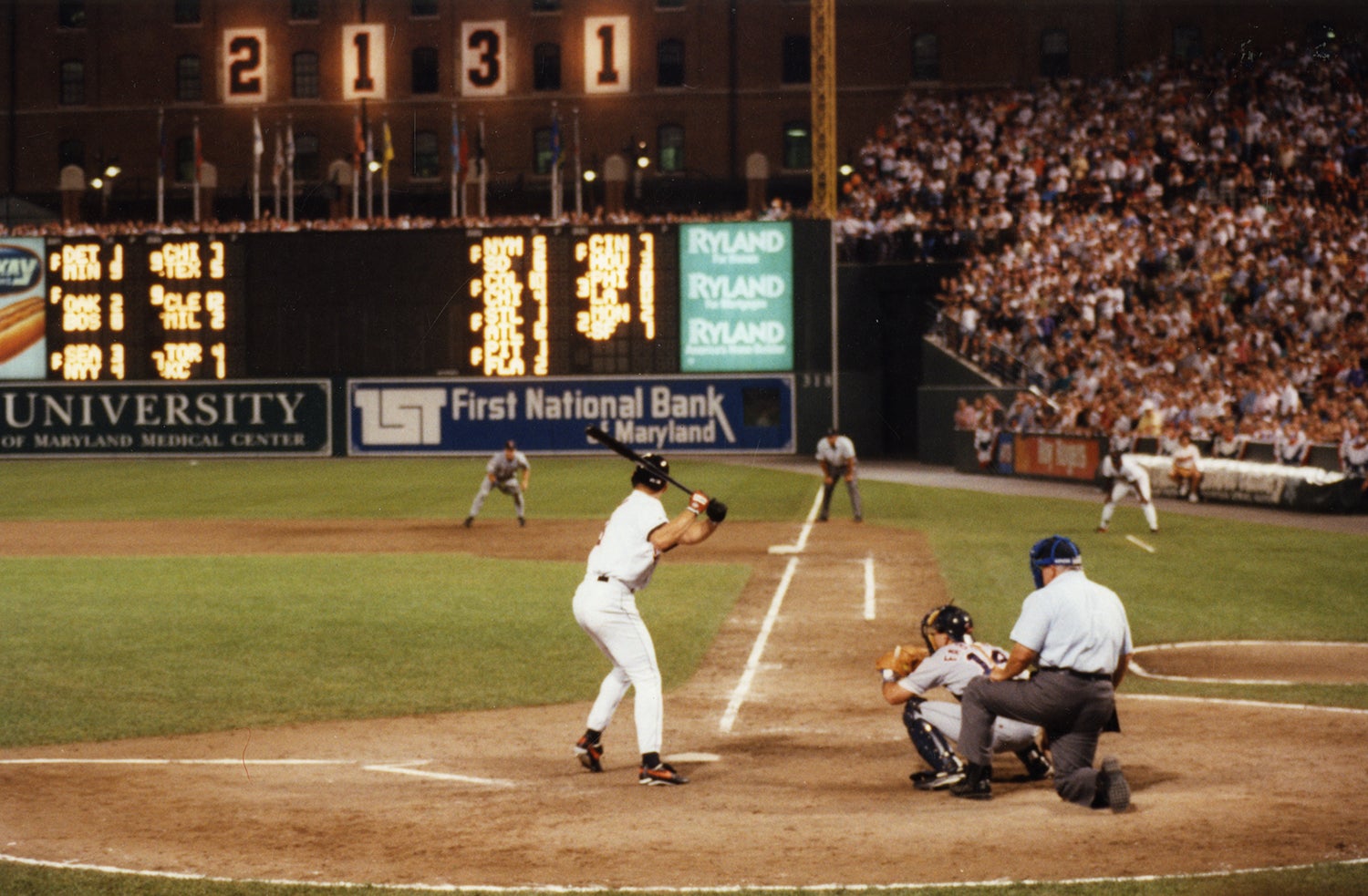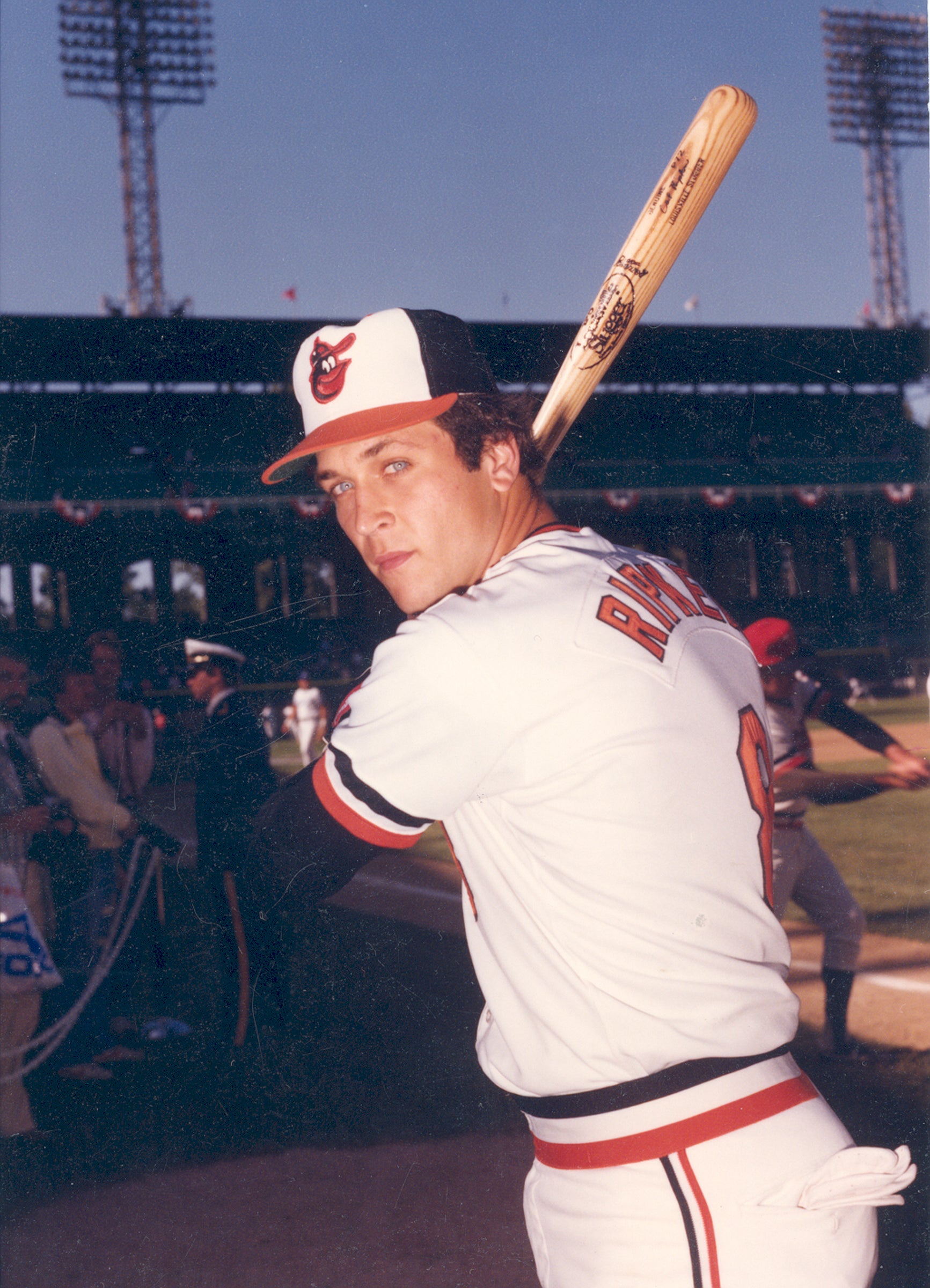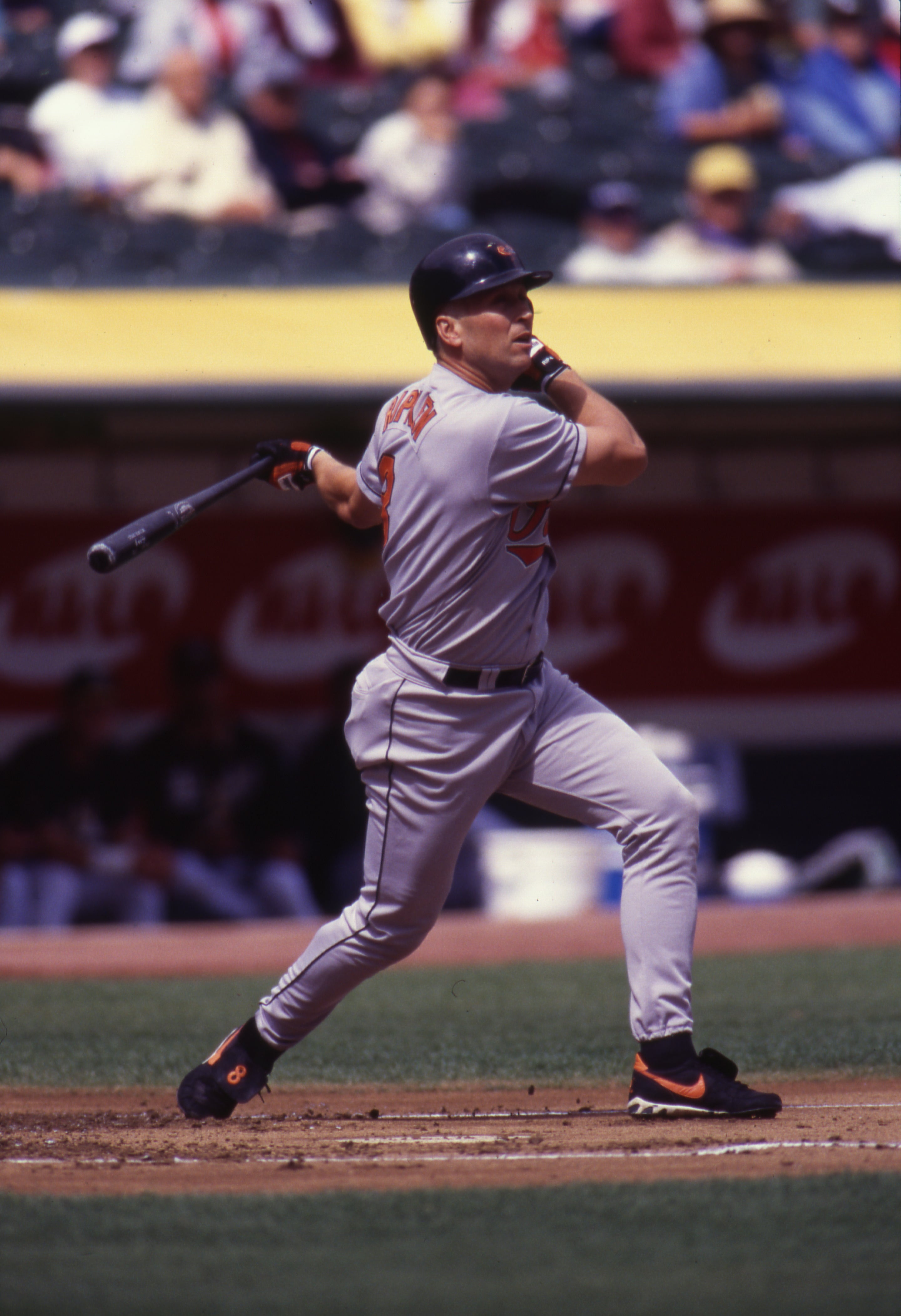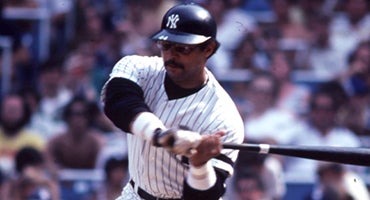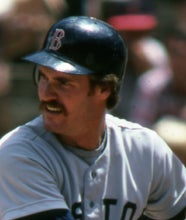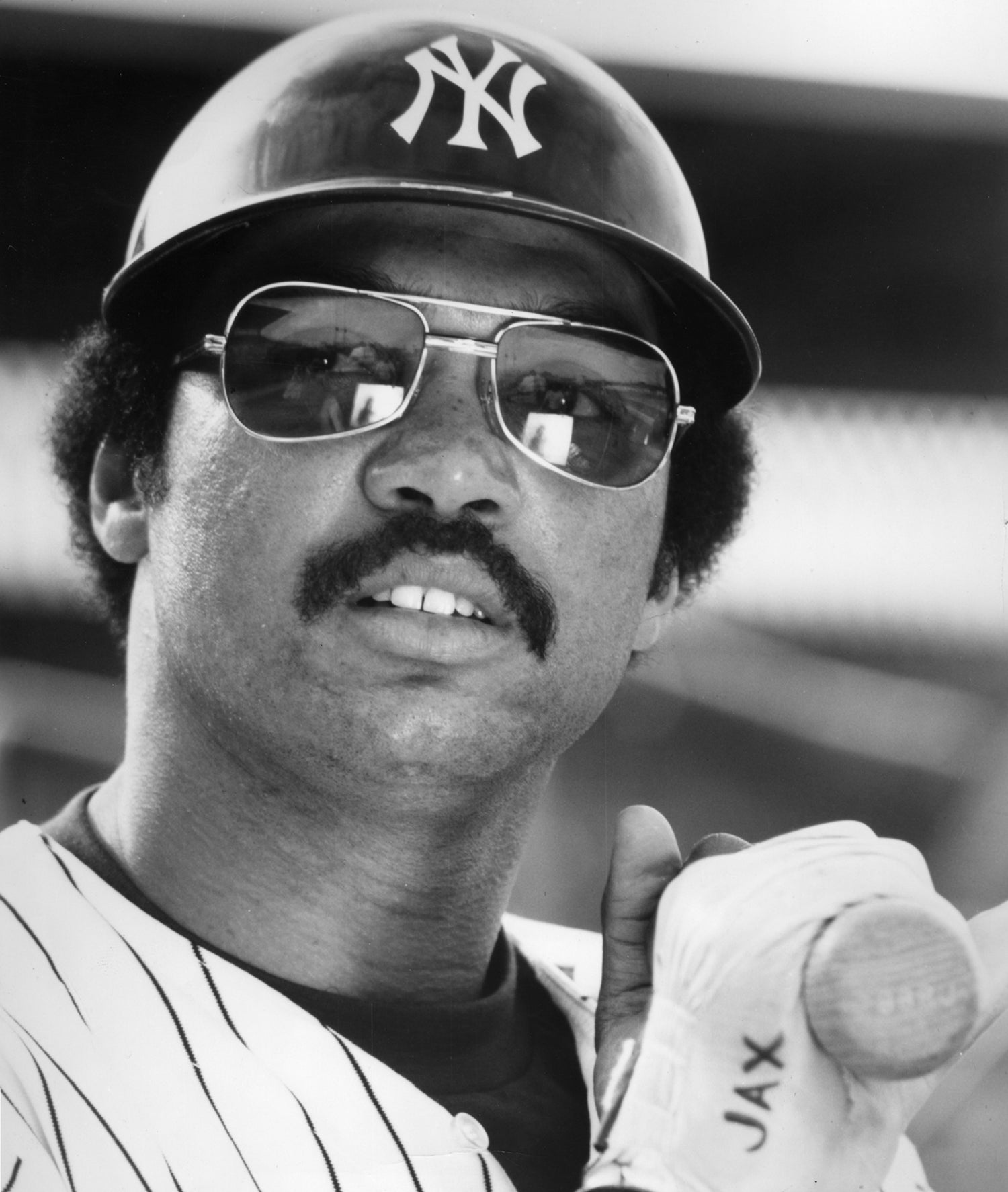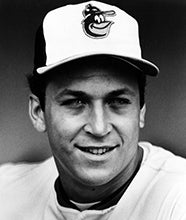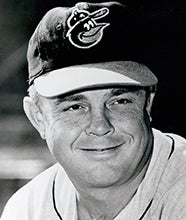- Home
- Our Stories
- Ripken launches career with Rookie of the Year Award
Ripken launches career with Rookie of the Year Award
For Cal Ripken Jr., the first month of the 1982 season was anything but easy.
But a conversation he had with a fellow future Hall of Famer on May 1 seemed to turn the tide – and on Nov. 24, 1982, Ripken completed the turnaround when he won the AL Rookie of the Year Award.
At the end of April, the highly-touted Orioles prospect was batting .123 with a .138 on-base percentage and one home run, and the possibility that he could be sent down to the minors seemed distinct.
“I was beginning to wonder how long they would stick with me, could I play and would they send me back to (Triple-A) Rochester,” Ripken told the Baltimore Sun. “There’s always a point where you wonder if you can do it in the majors even if you’ve done it in the minors.”
Orioles Gear
Represent the all-time greats and know your purchase plays a part in preserving baseball history.
He had tried talking to his manager, Earl Weaver, and his father, Cal Ripken Sr. – but nothing seemed to help.
“I call Dad my best instructor because he has always given me the best advice.” Ripken said. “But somehow, it didn’t register this time because everyone else was saying so many things.”
Then, at the end of April, the California Angels came to town. In the top of the eighth of a May 1 contest at Memorial Stadium, Reggie Jackson, the Angels right fielder, reached third base, where Ripken was playing at the time. Play stopped as Weaver came out for a discussion with the umpires, and Jackson struck up a conversation with Ripken.
“Reggie said, ‘Hey kid, I want to talk to you,’” Ripken said. “I thought, ‘Oh no, here we go again.’ But he told me that the Orioles had traded away a quality third baseman (Doug DeCinces) to give me the job, and I should just go out and be myself, and go out and do what Cal Ripken can do. I don’t know why, but it just clicked. It jolted me.”
Ripken promptly went on a tear in the month of May, batting .316 with 17 RBI and an .848 OPS.
His run of success continued for much of the season, and he wrapped up his first full major league campaign with a .264 batting average, 28 homers and 93 RBI in 160 games, leading all first-year players in home runs, RBI, total bases and games played.
In the midst of it all, Ripken underwent a position change as well. After beginning the season as Baltimore’s everyday third baseman, on July 1, he made the switch to shortstop, where he spent the rest of the season, and ultimately would spend most of his career.
“If I had been asked at the beginning of the year which position I preferred, the answer would have been third,” Ripken said. “But I really started to enjoy shortstop, and I’d like to play there next year.”
On the day the Rookie of the Year Award winners were set to be announced, the Orioles told Ripken they would call him around 11 p.m. with the results. He waited anxiously, counting down the minutes before finally receiving the good news.
“It was a relief to me more than anything else because ever since the season ended, people have been asking me when the Rookie of the Year voting would take place,” Ripken said.
Ripken beat out Twins first baseman Kent Hrbek for the award, claiming 24 of 28 first-place votes, while Wade Boggs landed in third.
“I was surprised by the margin,” Ripken said. “Hrbek had a fabulous year, and I got off to that poor start. I figured I had a legitimate chance, but I thought it would be close.”
It was the first of many career honors for Ripken, who would capture his first AL MVP Award a year later in 1983, before adding another in 1991, earning 19 All-Star selections and winning two All-Star Game MVP awards.
Janey Murray was the digital content specialist at the National Baseball Hall of Fame and Museum

